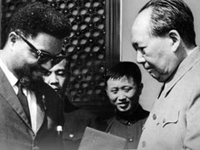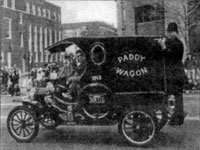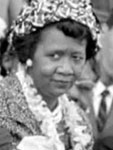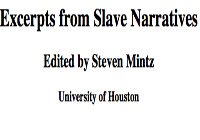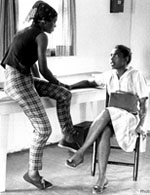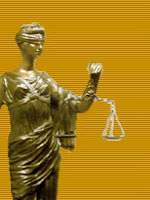Oxford African American Studies Center
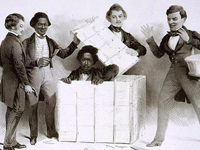
(Note: This website is now subscription-only.)
Designed for students, scholars, and librarians, this site provides access to thousands of primary source documents, maps, images, bibliographic entries, and subject entries drawn from reference resources in African American studies. Six published volumes furnish the majority of the resources: the Encyclopedia of African American History 1619-1895; Black Women in America, Second Edition; Africana, a five-volume history of the African and African American experience; the African American National Biography project, edited by Henry Louis Gates, Jr.; the Encyclopedia of African American Art and Architecture; and the Concise Oxford Companion to African American Literature.
These sources present a wealth of primary source documents, more than 1,000 images, and close to 100 maps, which illustrate events from 1500s South America through the Clinton Presidency. The site also includes more than 5,000 biographies and 3,000 subject entries on events and people, such as 19th-century African American midwives in the Western United States, prominent abolitionists, and charts on African American professional baseball. Useful for research, reference, and class projects on all aspects of African American history.
